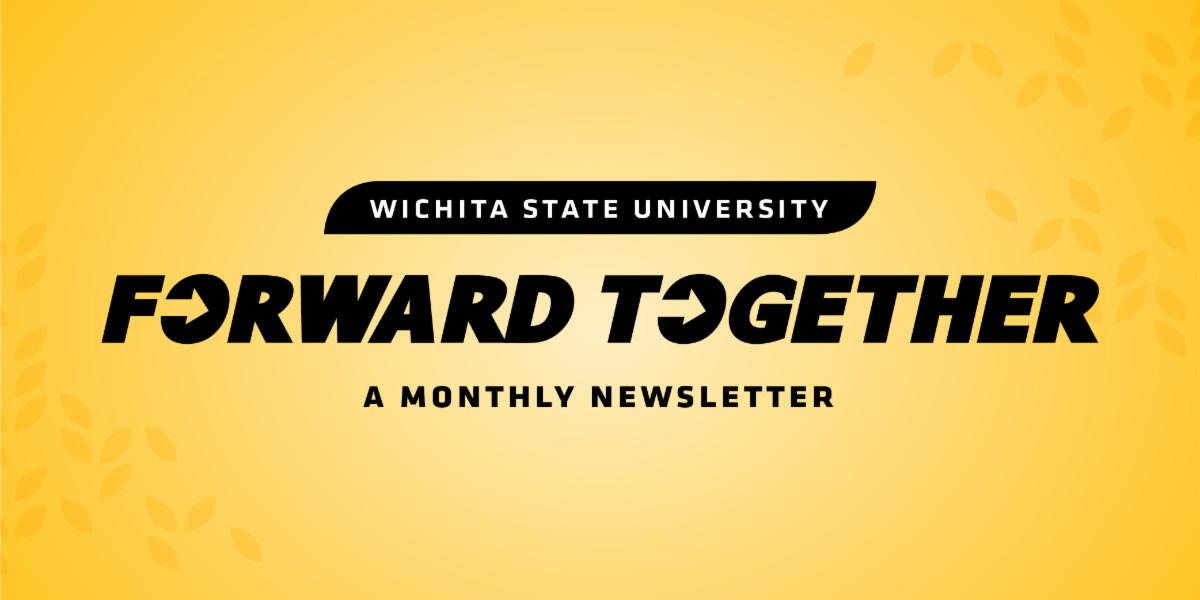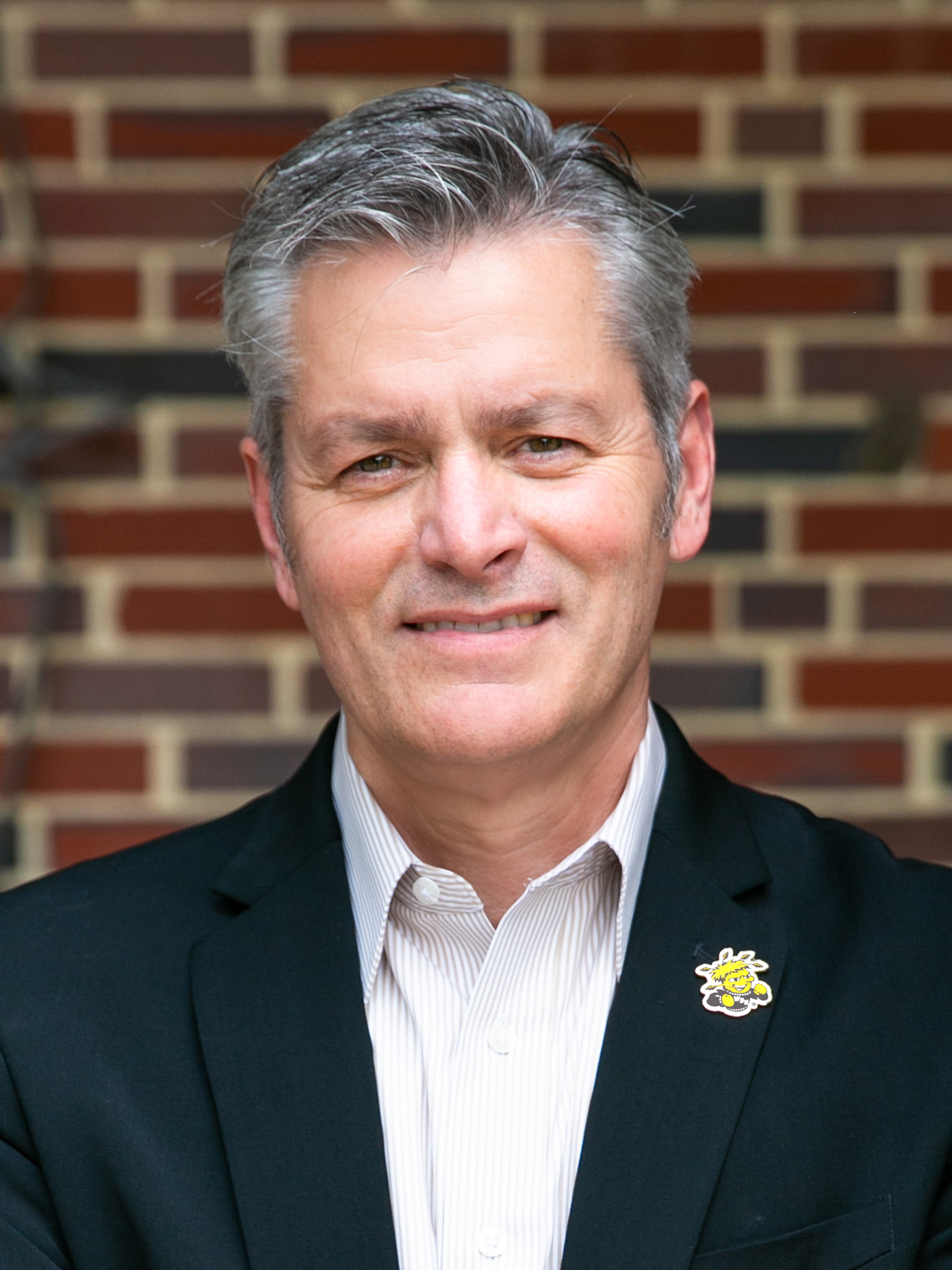
Digital transformation at Wichita State

Dr. Rick Muma, president
The hustle and bustle of the fall semester is upon us, and it’s uplifting to see a campus full of students hurrying to get to class, faculty members teaching in our new outdoor classrooms, and the Shocker spirit at Wichita State University.
One initiative that’s driving much of the excitement on campus is digital transformation. While the term itself might sound like something that belongs in a sci-fi movie or a computer lab, it’s a thriving field of study that Wichita State has been prioritizing as a means to serve our students and our state.
First, what is digital transformation? In a nutshell, it’s taking physical practices — for example, printing out airline tickets, checking fingerprints at a crime scene, or evaluating aircraft components— and transferring them to a digital format to streamline processes or manufacture obsolete parts.
What does this mean to Wichita State? In short, it touches everything we do and everything we want to do. It’s an interdisciplinary, applied-learning, job-creating, entrepreneurial and research workhorse. It’s a vehicle to diversify our state’s economy, makes education more accessible and contributes to the prosperity of the people and communities or our state.
Last year, the Kansas Board of Regents approved the creation of the National Institute for Research and Digital Transformation (NIRDT) at Wichita State, and, since then, we’ve hit the ground running with tangible initiatives to support the institute.
- From fine arts to engineering, all of WSU’s degree programs will eventually touch on digital transformation in some way, but we’ve developed several curricula specifically to address the ever-evolving and rapidly growing field of digital transformation: Bachelor of Applied Arts in Media Arts, Bachelor of Arts in Applied Linguistics, Master of Science in Data Science, Master of Science in Business Analytics, and Master of Science in Mathematical Foundations of Data Analysis. I encourage you to learn more about the data sciences degrees available at Wichita State.
- In response to the pandemic, Wichita State opened the Molecular Diagnostics Lab in October of last year. The MDL is a high-throughput COVID-19 test lab that can process 32,000 specimens per week with results in less than 24 hours, using CDC-approved protocols and state-of-the-art automation and robotics. Not only is this a powerful example of digital transformation, but the MDL also employs more than a dozen students with applied learning experiences.
- We have two extraordinary teams of researchers who are working on interdisciplinary digital solutions to high-level social issues. The Center for Educational Technologies to Assist Refugee Learners is working to improve the lives of more than 70 million forcibly displaced refugees worldwide by making education more accessible, and the Data-Enabled Disaster Resilience Center is using artificial intelligence and big data to digitally transform the way communities predict and respond to natural disasters.
- Wichita State’s National Institute for Aviation Research (NIAR) is working with the U.S. Air Force to disassemble and scan two F-16s to create a digital twin of the jet engines. This is in an effort to improve the sustainment and modernization of F-16s around the world.
- Ajita Rattani, assistant professor in engineering, was recently awarded $200,000 from the National science Foundation to study fairness in facial recognition, which often misidentifies women and non-white men.
- Last month, the National Endowment for Humanities awarded Dr. Darren DeFrain, associate professor of English, $100,000 to develop Vizling, an app that allows visually impaired people to read comic books and graphic novels.
These are just a few examples of how Wichita State is using digital transformation to grow the Kansas economy and prepare our students for careers that will require nimble and digitally savvy professionals. I encourage all of you to learn more about Wichita State’s efforts in this emerging and evolving field.
Go Shockers!
Sincerely,
Dr. Rick Muma
President of Wichita State University

